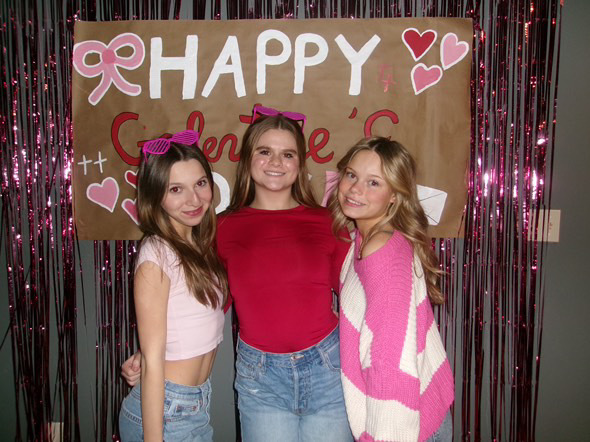“Disabled” Isn’t A Bad Word: Supporting Peers with Special Needs
According to the American Disability Act, 54 million Americans have a disability. The term disability is used to describe a mobility impairment or something that affects somebody cognitively, such as dealing with sensory issues, individual function, or mental illness.
It is important to realize that there is no certain “look” with disabilities. Mental disabilities often go unnoticed by peers because the individual looks “normal.” These assumptions are harmful to disabled people and can emphasize the negative stigma surrounding disabilities.
In regards to why disability awareness is important, Sophomore Ashlynn Kelly explains,
“People tend to mix disabilities, like people who are nonverbal, they [people] think of it as autism and not something else, even though there are multiple conditions where it can make somebody nonverbal.”
Inclusivity, patience, and compassion are crucial when interacting with disabled peers. “Woodgrove students can support their peers with disabilities by equally including all students in academic, social, clubs and sporting endeavors,” says Woodgrove Special Education teacher, Ms. Dillon.
Research shows that peer support is one of the most important resources that help disabled people in the classroom and beyond. Woodgrove parents Lindsey and Andre Lincoln say, “You can support those with special needs by giving them a chance. Say hello and open a conversation to someone who looks different than you. You may realize that they’re not as different as you thought! Be kind, be helpful, and be a friend.”
The Lincolns know better than anyone what it is like to support someone who has a disability. “At 13 months old [our daughter] was diagnosed with closed lip Schizencephaly resulting in Spastic Quadriplegia Cerebral Palsy. The diagnosis meant that from an early age [she] would be subject to a life of much more effort than the typical child. We knew that doctor visits and therapists would be a routine part of our daily lives. We realized the hardships that were to come, however we could never have prepared ourselves for some of the difficult days and nights that we would face.”
The Lincolns emphasize open conversations saying,“When we go to public places, 9 times out of 10 a young child stares at [our daughter]. We’ve seen so many parents tell their child ‘That’s not nice’ in response to staring, rather than saying,‘Go say hello’ and educating them on the differences of others.”
Your donation will support the student journalists of Woodgrove High School. Your contribution will allow us to purchase equipment, attend conferences, and cover our annual printing and website hosting costs.












